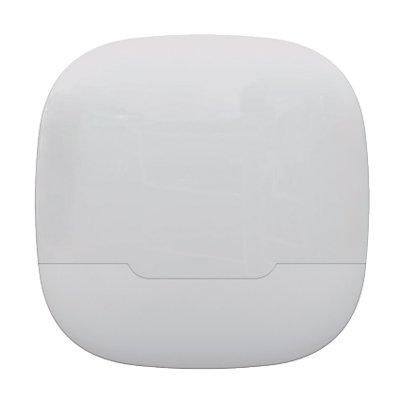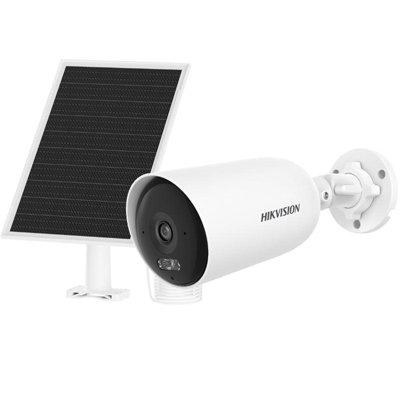FUJIFILM Optical Devices Europe GmbH
Featured white papers
- More companies like FUJIFILM Optical Devices Europe GmbH
- More CCTV companies
- More Manufacturers
- More companies in Germany
- News from FUJIFILM Optical Devices Europe GmbH
- FUJIFILM Optical Devices Europe GmbH products
- FUJIFILM Optical Devices Europe GmbH CCTV camera lenses



























